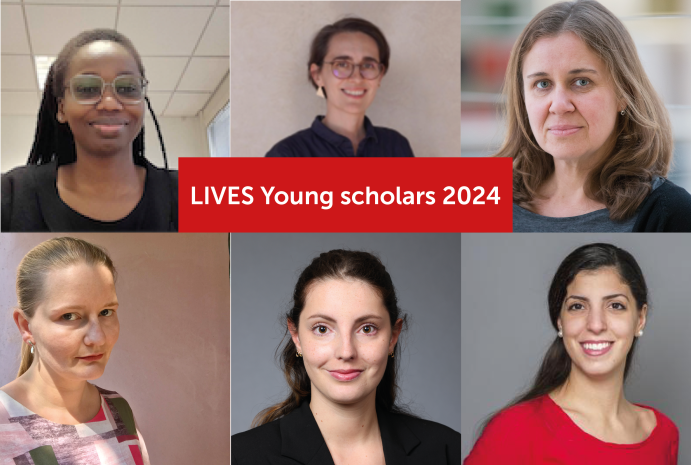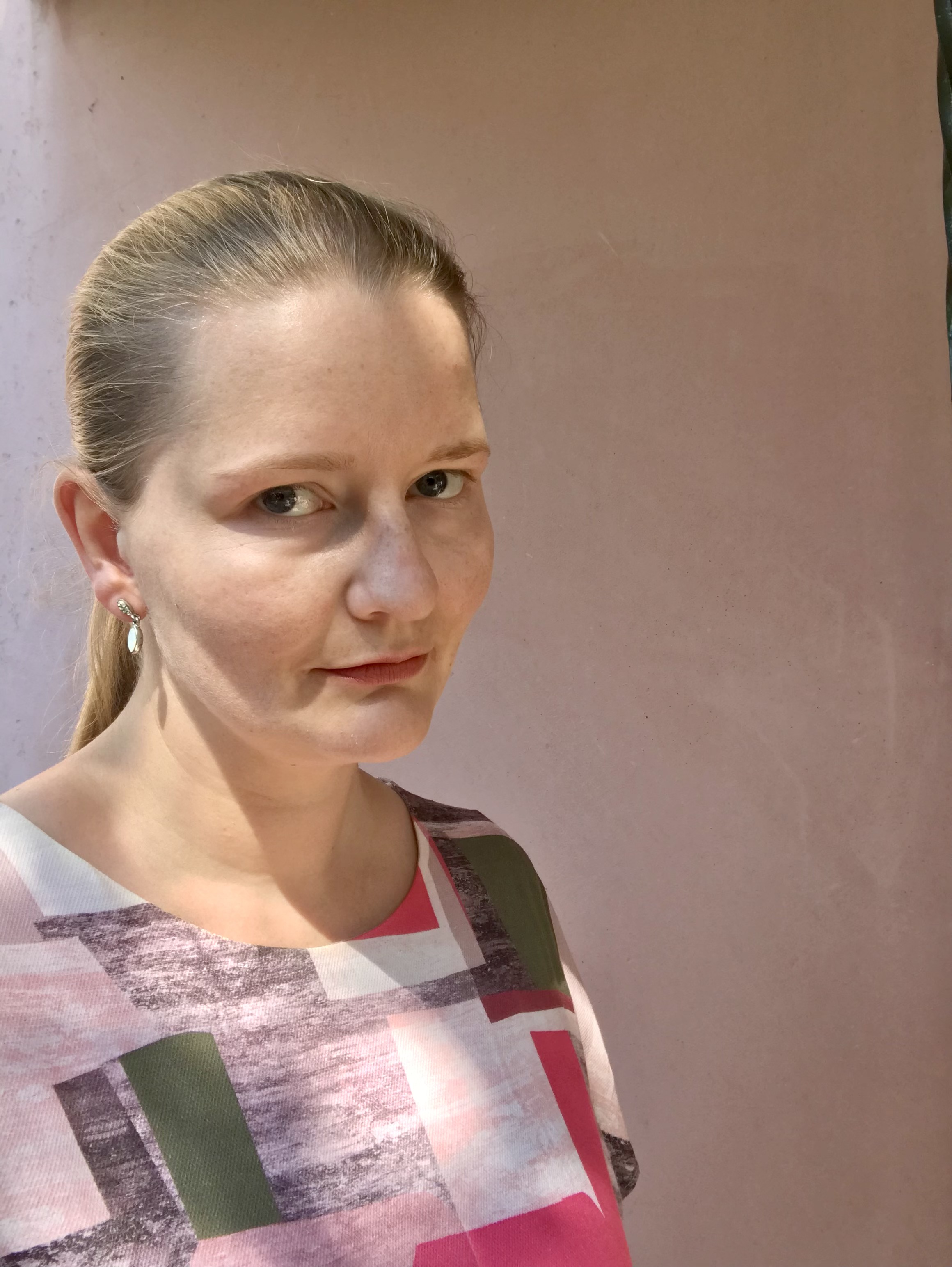
The Young Scholar grant of the LIVES Centre is a support for young researchers - doctoral or post-doctoral researchers - who plan to do innovative research on the life course. The funding can be used either to write a paper (for PhD students and post-docs) or to develop a new project (for post-docs). Among the applications, LIVES awarded a grant to 6 researchers from the University of Lausanne and the University of Geneva.
UNIGE | |
Alis Bambara Family Violence Against Girls and Boys in the Contexts of Burkina Faso : Approach Through Individuals' Life Courses This study, part of a larger thesis, explores educational norms and social contexts protecting children from family violence in Burkina Faso. Using an intersectional and decolonial feminist lens, it employs a mixed-methods approach. The present research aims to go beyond international institutions' perspectives to understand local views on family violence and educational norms. It seeks to examine how these factors impact individuals' life courses in those contexts. To enhance child protection responses, it's important to deepen our understanding of these practices in individuals' lives. |  |
Charikleia Lampraki Loneliness and Social Isolation and Their Link to Cognitive Development Across the Lifespan: A Systematic Literature Review and Meta-Analysis Loneliness and social isolation have been identified as major public health concerns, having similar effects to smoking, sedentary lifestyle choices, and alcohol consumption, and they have been related to poorer overall physical, cognitive, and mental health. Although researchers have shifted their attention to these two phenomena in the past few years, partly due to the increase of social isolation and loneliness during Covid-19, research is still scarce with regards to their effects on cognitive development across the lifespan. This project aims at conducting a systematic literature review on loneliness and social isolation and their role for cognitive development across the lifespan. |  |
Olga Ganjour Changes of Personal Networks Over the Life Course: A Study of the Transition to Adulthood The goal of this project is to test the feasibility of the framework developed in the SNSF Starting Grant project 2024. In this project, I will test theoretical concepts and related hypotheses using baseline data from the Swiss Federal Survey of Adolescents, known as the "CH-X" survey (www.chx.ch), on Social Networks collected from 2020 to 2023. I will trace changes in personal networks during the transition to adulthood, using a life course perspective. |  |
UNIL | |
Annatina Aerne Skills for Colombia This project analyzes under what conditions employers invest in training in Colombia. Employer-based training contributes to a better skills-job match and lowers youth unemployment, which remains a challenge in Colombia. Instituting vocational education and training (VET) is difficult: employers are unlikely to invest in training independently of other employers. Combining survey experiments and social network analysis, we analyze which incentives induce employers to offer training, and how networks affect investments in training. Considering both, incentives and employers’ networks offers new insights into how to institute VET and promoting the opportunities of disadvantaged youths. |  |
Tiffany Kreutschy The Impact of Teacher Charisma on Student Performance Student academic performance has important implications for students future job prospects, for academic institutions, and for the taxpayer. Research suggests that teacher behaviors and attributes play a pivotal role in shaping students' understanding and performance by fostering motivation to learn. Because the teacher-student relationship can be viewed from the lens of leadership, Tiffany Kreutschy, Christian Zehnder and John Antonakis, intend to test the impact of charismatic leadership on student’s performance in a controlled learning environment. Charisma has proven to be an invaluable tool for enhancing motivation and performance in various settings. This study seeks to investigate its potential applicability to the educational context. |  |
Katy Morris The relationship between individual income, perceived position in the local and national income distribution and meritocratic belief Local economic conditions and income distributions differ markedly from national averages. Although people are notoriously bad at estimating their position in the national income distribution, much less is known about individual perceptions of position within the local income distribution. With LIVES Young Scholars funding, and in collaboration with Kattalina Berriochoa (University of Konstanz) and Andrew McNeil (University College London) we will use a survey experiment to address two research questions. How accurate are individual perceptions of own position within the local income distribution, and how do local and national (mis)perceptions shape policy preferences and belief in meritocracy? |  |
The LIVES Centre offers three types of grants to support innovation in life course research: the "Seed money", the "Young scholar grant" and the "Visitor grant". These funds are addressed to the members of the LIVES Centre as well as to the extended network of researchers studying the life course and vulnerability.

